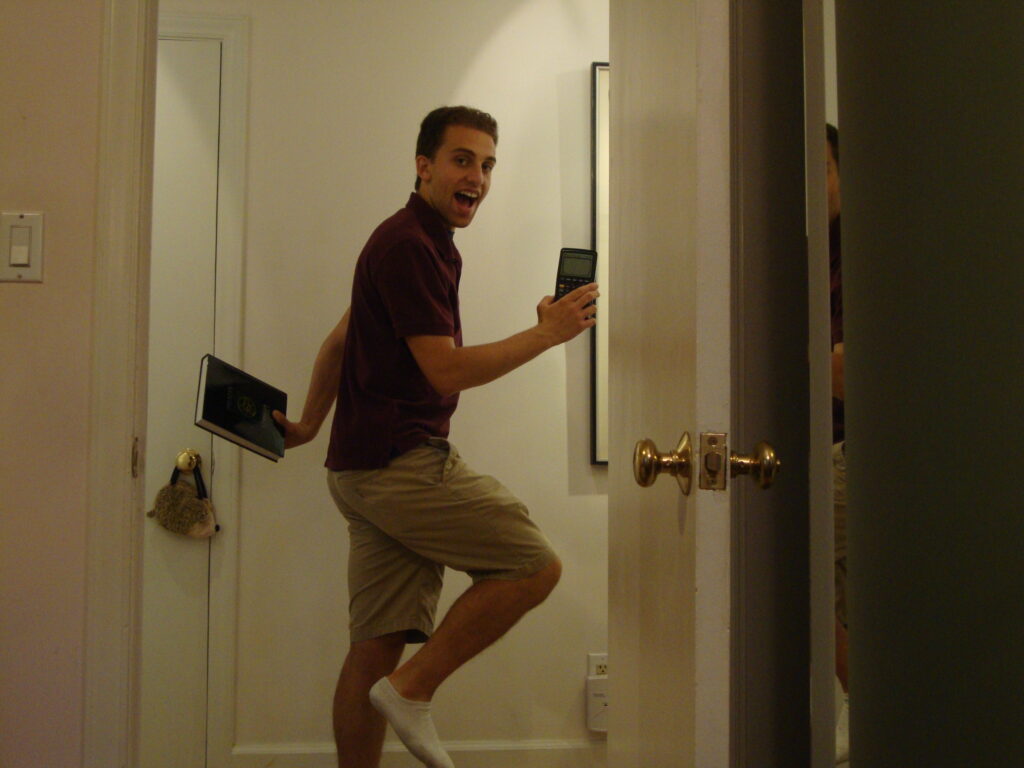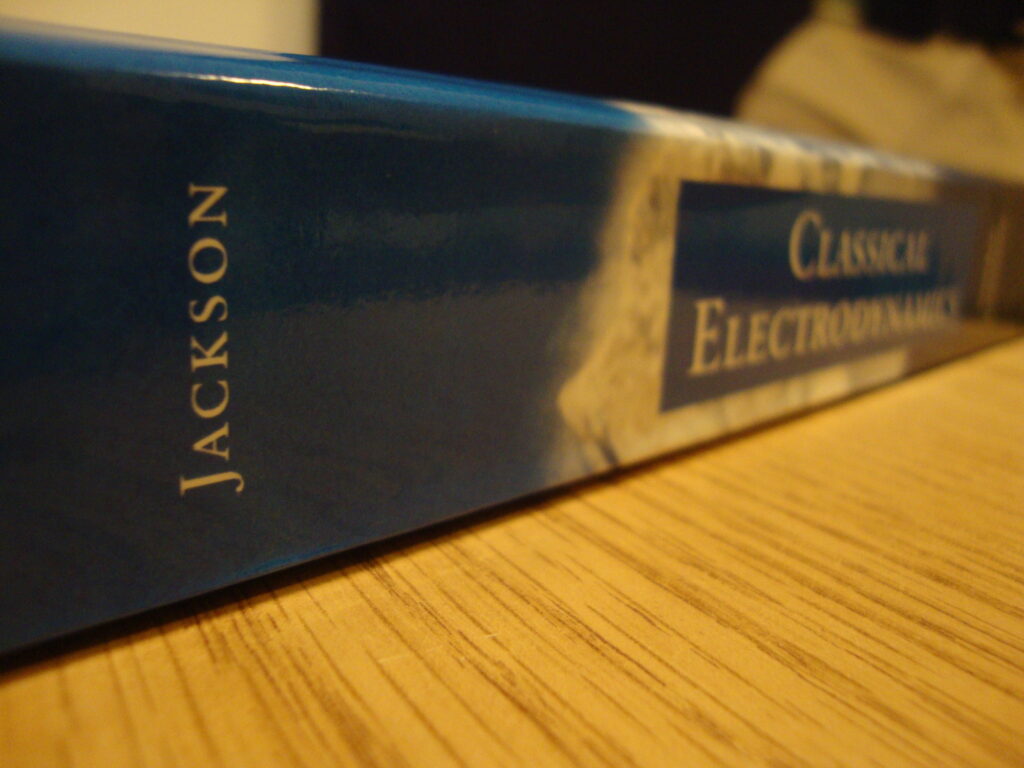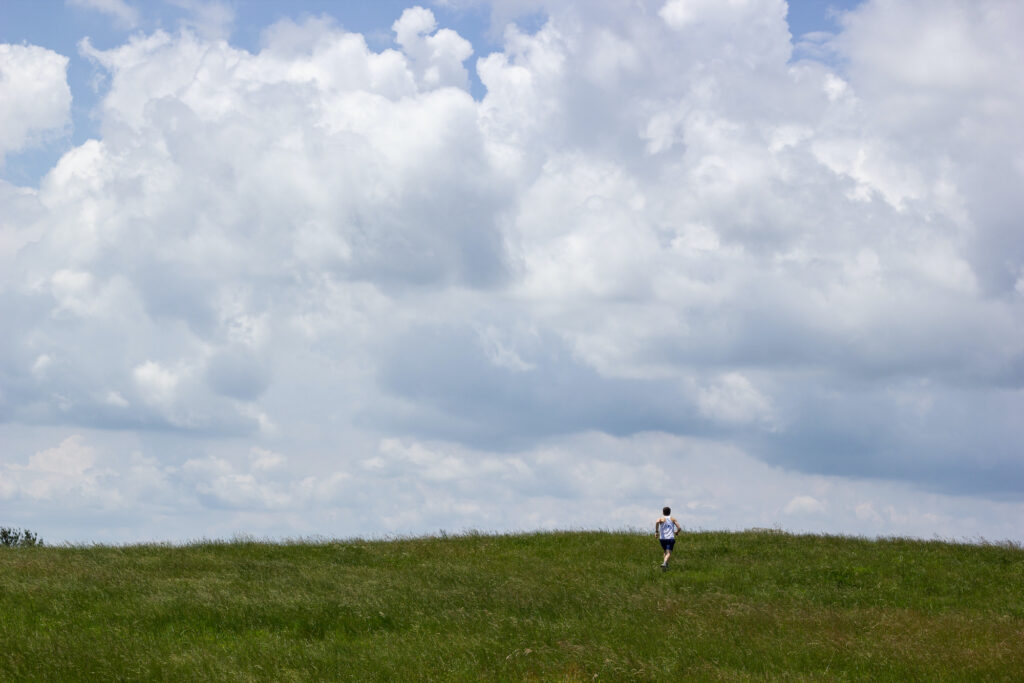During my first year at UNC, I accumulated five key pieces of advice that might be of interest it you!
Get the right textbooks
I did not initially realize just how important it is to use textbooks besides the assigned standbys. Textbooks should be helpful resources, so if yours isn’t working for you I recommend giving another one a try! Here are some course-by-course recommendations of books I found useful. Many were available from my library and/or interlibrary loan.
- Quantum Mechanics 1 & 2: Don’t read Sakurai… Read Zettili or Townsend.
- Click Here To Read Why:Sakurai values concision very highly, and I found it especially hard to follow after chapter 3. Do yourself a favor, and use Nouredine Zettili’s Quantum Mechanics: Concepts and Applications instead. The best physics textbook I’ve ever read (by a long shot), Zettili covers just about every topic we covered in both graduate courses (as well as a full undergraduate course), and it does so in the most comprehensible, straightforward manner I’ve ever seen. The book also includes a huge number of meticulously-worked examples. It’s amazing — a true gem — you have to see it to believe it. I can also recommend John S. Townsend’s A Modern Approach to Quantum Mechanics. This is an undergraduate textbook, but I found it useful for first semester graduate work, as well as perturbation theory. One of the strengths of this book is that it was inspired by Sakurai, so it keeps much of Sakurai’s notation, while providing better explanations and motivations for the material.
- Click Here To Read Why:
- Electrodynamics 1 & 2: Don’t Read Jackson… Read Zangwill, or Brau.
- Click Here To Read Why:Jackson might get some — it simply seeks to cover vast swaths of the field, and so, must present everything at a level that was beyond me. Besides the well-known undergraduate standby Griffith’s Introduction to Electrodynamics, which may be helpful for the first semester, I have found two alternatives. Andrew Zangwill’s Modern Electrodynamics is almost an anti-Jackson. This book is verbose, full of diagrams and background information (see, for example, page 251, “The Miller of Nottingham”), and where Jackson attempts to pare down equations, Zangwill has no problem lugging around pages and pages of ungainly math. Personally, I prefer the verbosity. One downside to Zangwill is his sometimes non-standard notation which can be an initial turn-off. Charles Brau’s Modern Problems in Classical Electrodynamics is different still. Pithy and clear, Brau does not cover every topic in sufficient detail for graduate courses, but this serves as a nice reference. The fact that all exercises have the answer (but not the solution) written in can help to steer you in the correct direction when tackling your own homework and qualifier problems.
- Click Here To Read Why:
- Classical Mechanics: Supplement Goldstein with Prof. Linder’s lectures.
- Click Here To Read Why:Jacob Linder is a professor at the Norwegian University of Science and Technology (NTNU), and an entire semester of classical mechanics lectures is posted here on youtube. Professor Linder’s lectures follow Goldstein very closely — in fact, he ONLY works out examples presented in that textbook. This, however, is not a bad thing. Where Goldstein’s treatment of examples can be brief, Linder goes through these same problems meticulously, leading to quite a few ah-ha moments on my part. Through his lectures I learned Hamilton-Jacobi Theory, the theory of small oscillations, and more. The style of these lectures may not be for everyone. Linder talks in a slow, deliberate monotone — I watched the videos at 2x speed!
- Click Here To Read Why:
- More resources that my colleagues found useful, but I cannot personally vouch for:
- Walter Greiner had way too much time on his hands, so he wrote a lot of physics textbooks. All of the first year courses are covered, and the treatment seems to be clear and concise.
- Shankar’s Principles of Quantum Mechanics
Don’t shy away from worked solutions
Practice is the most reliable way of getting better at anything — including physics. That said, when time is scarce, it is important to set priorities and seek timely, targeted feedback. Chugging through 6 pages of integrals to solve part e of that one problem in Jackson’s Electrodynamics may be good practice for solving integrals, but is it the best way to learn physics? I tend to think not. Instead, I would advocate for the thoughtful and restrained use of worked solutions which are readily available for most text books in use.
In my opinion “thoughtful and restrained” means that you should try to start each problem by outlining the solution without help. What are the components that need to be solved for? How will I approach each part? Once that’s complete start working through each component, but don’t stay stuck for more than, say, 45 minutes. There are so many better things to be doing with your time! When you do need to turn to solutions to get un-stuck on one part, I recommend using them as little as possible. Once you’ve figured out the trick put the solutions away and continue the problem.
I also think that checking your answers as you work is a healthy use of worked solutions. Finding mistakes and learning how to fix them is a key part of learning, but it may take weeks to get your graded homework back. I learn more when I get the feedback right away.
Besides my solutions, I have complied some helpful websites here. Oh, and please don’t cheat or break any rules! Ask your professors what is and is not allowed in each of their classes, and follow their directions.
Work smarter, not harder
To be a graduate student in physics, one must possess a certain fastidious drive to get everything right. It’s important to keep this in check. Some work is worth doing, and some is not. I advise you to think carefully about how you spend your time — I wish I had been better at this. Professors tend to make it seem as though finishing their homework assignment is THE most important thing in the world. That’s their job, of course, but that assignment may not be the most important thing for you. After all, you are probably in grad school to become an expert in your field. A strong background in electrodynamics may certainly be important, but spending an hour solving that system of 12 equations probably isn’t. Plug it into Mathematica!
Some good reasons to skip homework problems, or less helpful parts thereof- I need to study for an exam
- I need to study for the qualifiers
- I need to learn the physics behind this material rather than doing a lot of integrals
- I need to apply for a fellowship
- I have health/family concerns I need to deal with
- I will get more out of doing this other homework
- I need to have a life. Look — there are no medals for getting 100% on graduate problem sets.
Don’t push teaching to the back burner
You may loving teaching, but have no time for it, or you may hate teaching and have no time for it, but regardless, I think you should try to make time to improve your teaching.
Click Here To Read Why:- As a TA, you are directly responsible for your students’ learning. There’s no sense agonizing over this, but don’t take this too lightly either. Your students might hold positions of power or influence in the future… you wouldn’t want them to hate physics!
- Good physicists are good communicators. Practicing your lecturing, and one-on-one explanation skills with students is a great way to practice.
- Do you want to be a professor one day? Would you want to work for an advisor who couldn’t explain the project to you?
- You might have fun. TA-ing was initially very stressful for me, but it ultimately has become a quality means of stress relief.
- Sometimes I was able to gain a deeper understanding of the physics I was working on in my own classes by coming up with ways of explaining introductory concepts. Maybe this will happen for you too.
Devote an hour per day to something fun
Seriously. It’s hard, I know, but it really really matters! I try to get outside for a run, bike ride, or other physical activity every day. This is my way of clearing my head, and I find that “sacrificing” that one hour actually makes the others more productive. It doesn’t have to be exercise, but find your thing and stick to it!
Corrections? Clarifications? Did I miss something? Contact me.


